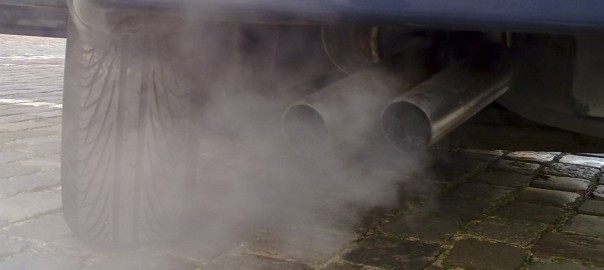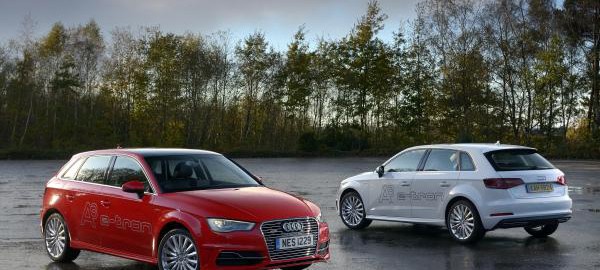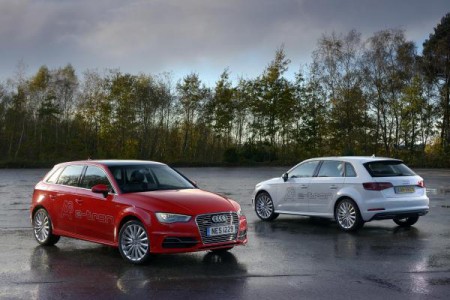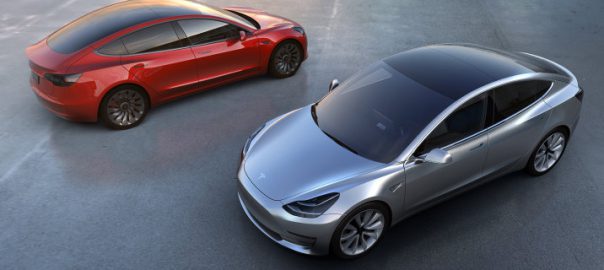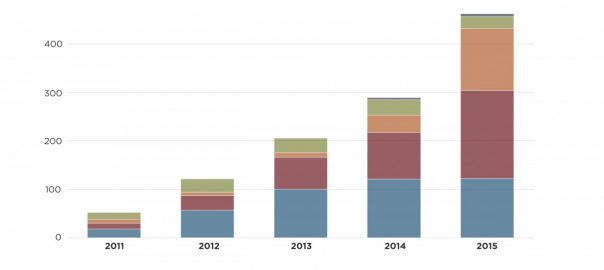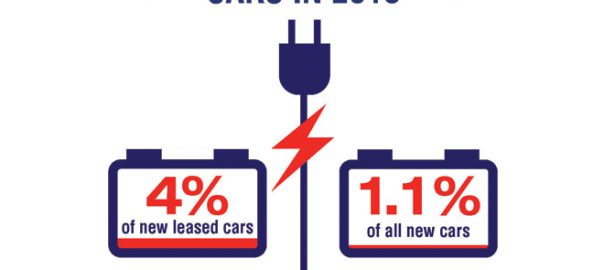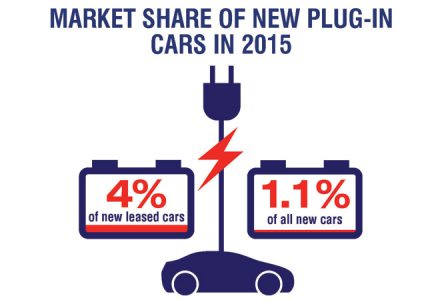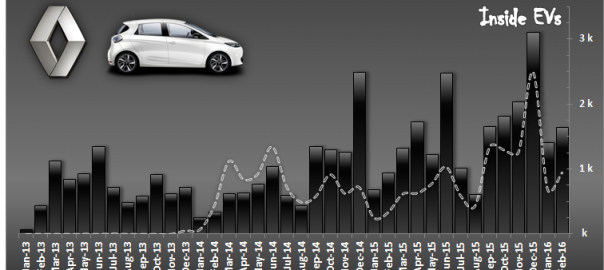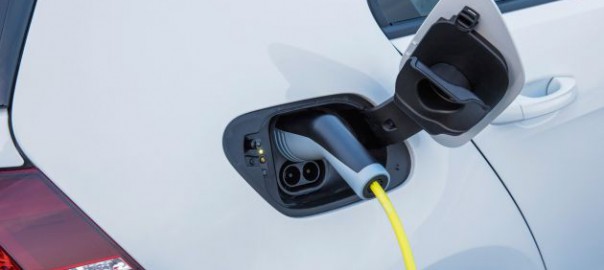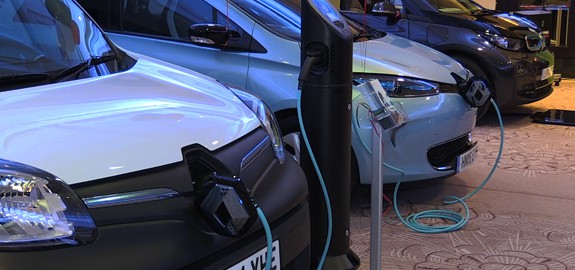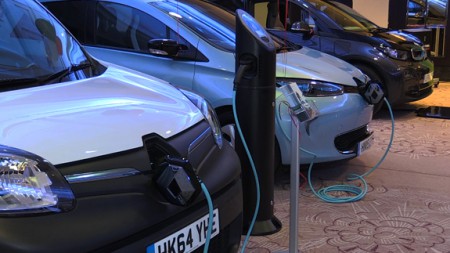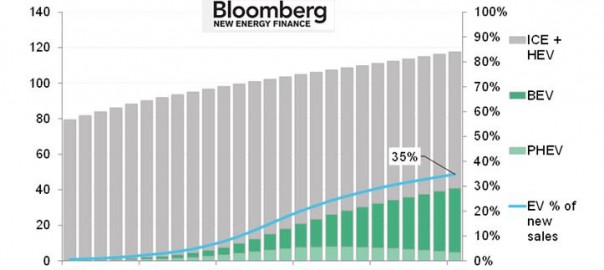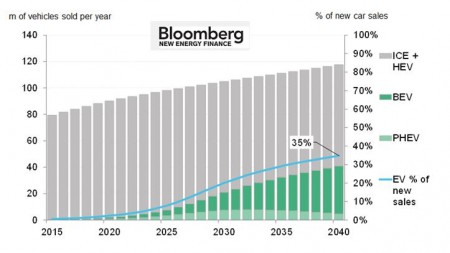Dutch Labour party wants to halt the sales of petrol and diesel cars by 2025; is this the beginning of the end for the mass-produced combustion engine?
Dutch Labour party PvdA is pressing for the banning of sales of all petrol and diesel cars in the Netherlands from 2025.
The proposal has been met with support from the country’s lower houses of Parliament and could mean that only alternatively fuelled vehicles – such as electric cars – could be sold in the market nine years from now.
European leaders have been talking about such a ban for many years – insiders have suggested Paris will be the first to implement a zero-emissions-vehicle-only zone within its boundaries – but if it were introduced, the Dutch policy would come as the first complete ban on combustion-engined vehicles.
The proposal arrives a year after the Netherlands joined the International Zero-Emission Vehicle (ZEV) Alliance, which aims to make all new vehicles use electric power by the year 2050. The country is already one of the fastest growing markets for alternatively fuelled cars, with nearly one in 10 cars bought last year using electric power.
The UK has seen similarly rapid levels of growth, although the overall number of sales for alternatively fuelled vehicles is comparably small. The latest figures from March reveal that sales of alternative-fuel vehicles grew by 21% year on year, compared with sales growths of 4.8% and 4.7% for diesel and petrol cars respectively.
Read more: Autocar
